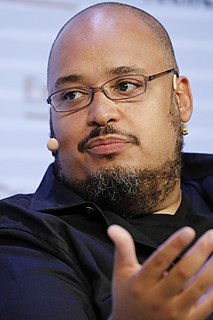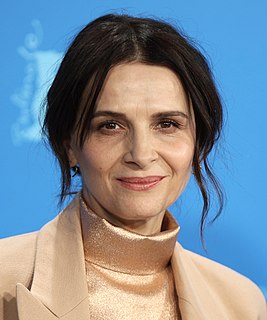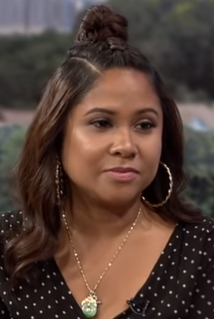A Quote by Michel Gondry
I think it's a problem when journalists have the title of their article before they do the interview, because it biases the way they conduct it.
Related Quotes
People have the right to ask questions and dig deep when you're hurting people and things around you, but when I haven't talked to anyone in years, and every single article I see is dope this, junkie that, whiskey this- that ain't my title...my bad habits aren't my title. My strengths and talents are my title.
I think that all journalists, specifically print journalists, have a responsibility to educate the public. When you handle a culture's intellectual property, like journalists do, you have a responsibility not to tear it down, but to raise it up. The depiction of rap and of hip-hop culture in the media, I think, is one that needs more of a responsible approach from journalists.
Journalists in newspapers and in many magazines are not permitted to be subjective and tell their readers what they think. Journalists have got to follow a very strict formulaic line, and here we come, these non-fiction writers, these former journalists who are using all the techniques that journalists are pretty much not allowed to use.





































